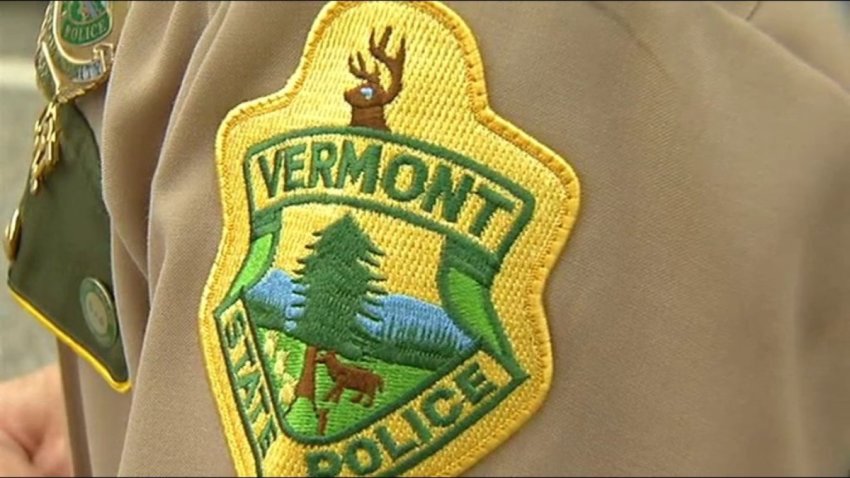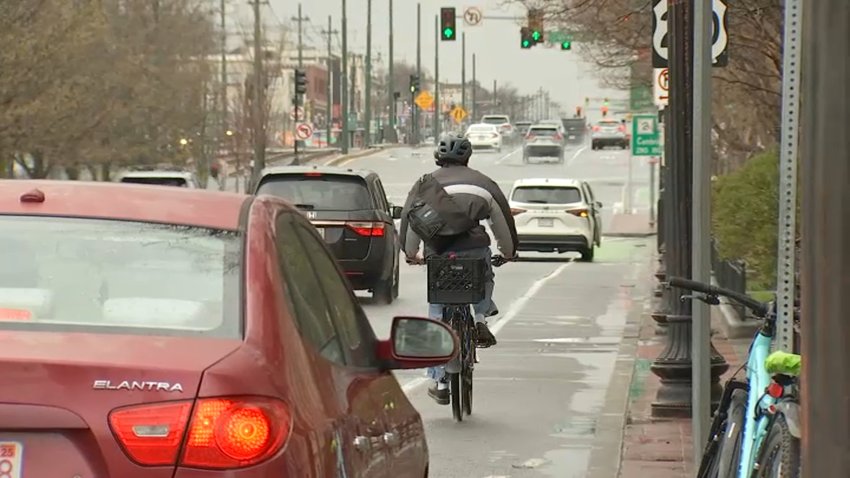
Missing Vt. hiker found more than 3 months after disappearance
Vermont State Police say Sue Mi Ko, a Craftsbury hiker reported missing on Jan. 9, was found dead near Lake Willoughby in Westmore

Vermont State Police say Sue Mi Ko, a Craftsbury hiker reported missing on Jan. 9, was found dead near Lake Willoughby in Westmore

Patriots left guard Cole Strange will enter the final year of his rookie contract in 2025.

On the Next Pats Podcast, Phil Perry and Ty Dunne explain how Stefon Diggs can make a huge impact on the Patriots next season.


The Celtics’ full second-round schedule is set with dates for each game as they await the Knicks or Pistons in the NBA playoffs.

Albert Breer explains how the recently publicity surrounding Bill Belichick and Jordon Hudson has impacted the North Carolina coach’s image.

Overcoming a little adversity in Round 1 could benefit the Celtics the rest of the 2025 NBA playoffs.

Consumers’ Checkbook suggests taking advantage of browser extensions and shopping sites to find promo codes or track prices while shopping online

Eight out of the last nine weekends have seen at least a trace of rain on either Saturday or Sunday — or both. That pattern looks to continue, with another unsettled weekend on tap for southern New England. In the meantime, we get a break. Wednesday and Thursday bring plenty of sunshine, with highs in the upper 60s to low…

The body of Stephan Myers of Falmouth, Massachusetts, was found in a construction area behind Bristol-Plymouth Regional Technical School

The Celtics staged a remarkable turnaround in the second half of Game 5 vs. the Magic and made NBA history in the process.

A driver was found dead in her SUV after it was hit by an MBTA commuter train at a rail crossing in Abington, Massachusetts, on Wednesday, authorities said.